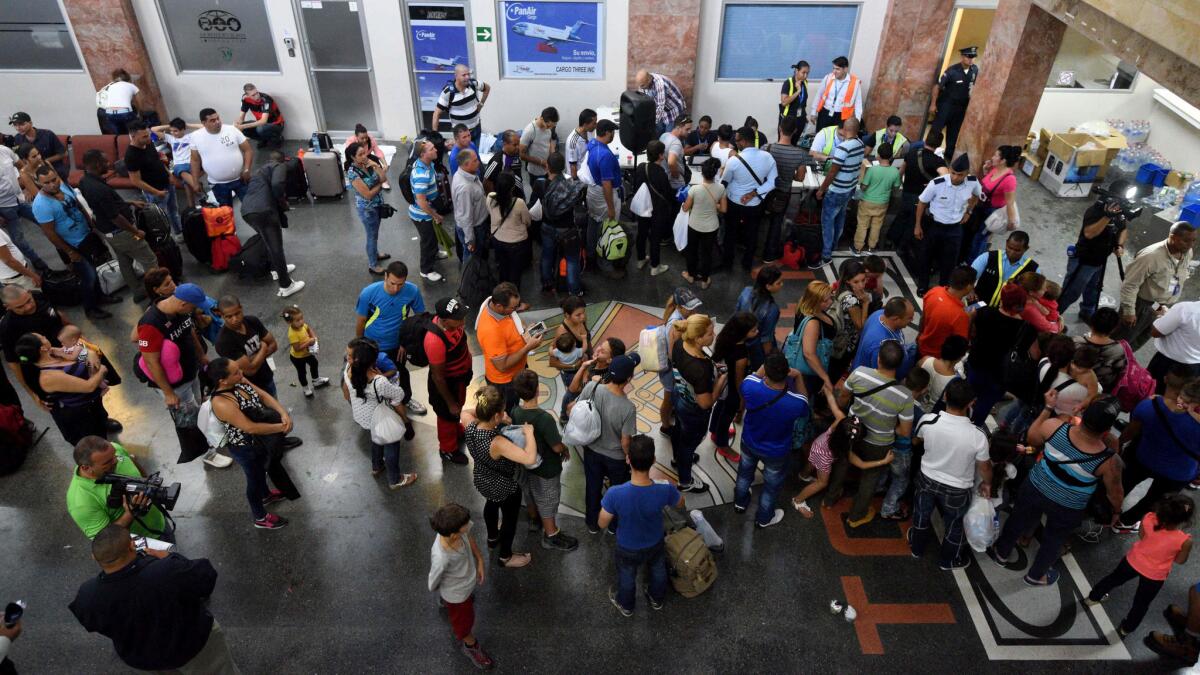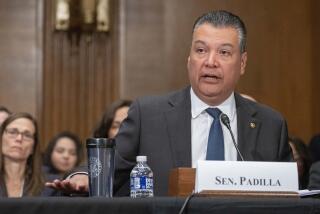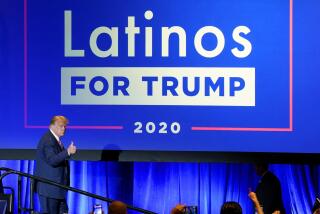Proposed cuts in aid to Cubans could save taxpayers billions

A bill to restrict welfare for Cuban immigrants would save U.S. taxpayers a whopping $2.45 billion over the next decade, congressional analysts estimate.
The proposed legislation, spurred by a Sun Sentinel investigation and introduced in recent months by U.S. Rep. Carlos Curbelo and Sen. Marco Rubio, both Florida Republicans, would make most Cuban immigrants ineligible for refugee cash, medical benefits and other assistance unless they prove they are political refugees persecuted by the Castro government.
The Congressional Budget Office, which provides nonpartisan budget and economic data for policymakers, studied the proposal and calculated the potential savings to taxpayers.
The bill is expected to cut spending by $50 million in the first year, and another $2.4 billion through 2026, Curbelo’s office said.
“With all the talk about paying for Zika virus funding, maybe this is one of the ways we can pay for some of that. But let’s get it done,” Rubio, who is shepherding an identical bill in the Senate, told his colleagues Wednesday.
The legislative proposal followed a Sun Sentinel investigation showing Cubans taking advantage of U.S. welfare then returning to the Communist-led island to visit multiple times or even to live – while still collecting U.S. aid.
“What we’ve seen people [do to] abuse the system over and over again is they figure out a relative in the U.S. that goes to the bank every month, takes a cut and sends the rest to them,” Rubio said on the Senate floor.
“That’s your money that’s being sent. The American people are generous people, but right now those who abuse the system are taking American taxpayers for fools and we need to stop this.”
Cubans are fleeing to the U.S. in droves since the Obama administration renewed diplomatic ties in late 2014. Those who reach land can stay, even if they arrive illegally.
Most say they are coming to find better work opportunities in the U.S., and because they fear the U.S. will eventually end their special status and unique advantages as newcomers.
After a year and a day they can become permanent U.S. legal residents. Many then go back and forth between the U.S. and Cuba to visit and bring money or goods to family and friends.
These return trips have raised questions about why Cubans are treated as political refugees – entitled to generous U.S. aid – when they quickly return to the island that oppressed them.
Immigrants from most other nations are barred from collecting aid in the U.S. for their first five years. Those here illegally are not eligible at all.
NEWSLETTER: Get the day’s top headlines from Times Editor Davan Maharaj >>
Curbelo, the son of Cuban exiles, titled his bill the “Cuban Immigrant Work Opportunity Act,” saying: “Cubans coming to the United States will have the same opportunity as immigrants from other nations, like Colombia, Venezuela, Peru, Central America -- from any country -- to work and earn an honest living while contributing to our great nation.”
The legislation would not apply to those already living in the United States.
Despite the enormous potential savings cited by the Congressional Budget Office, the figure is low when compared with the full cost of aid to Cubans calculated by the Sun Sentinel.
In its investigation, the newspaper estimated that welfare to Cuban immigrants -- federal refugee assistance, food stamps and aid to seniors and the disabled -- cost more than $680 million a year.
About 42% of that is Supplemental Security Income – cash for impoverished seniors. The Sun Sentinel found large numbers of elderly Cubans immigrating here and immediately getting such aid even though they never held jobs here.
Megan O’Matz writes for the Sun Sentinel.
ALSO
What U.S. travelers need to know about new Cuba rules
Obama makes travel to Cuba easier and lifts financial restrictions on Havana
The logistical and cultural challenges of creating the Manana Cuba festival
More to Read
Start your day right
Sign up for Essential California for news, features and recommendations from the L.A. Times and beyond in your inbox six days a week.
You may occasionally receive promotional content from the Los Angeles Times.






